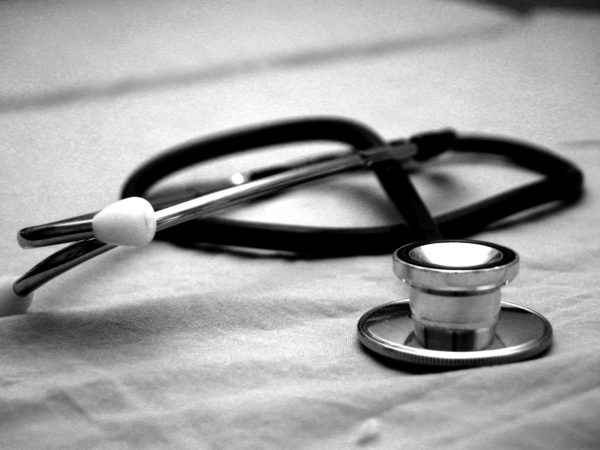“We can’t manage a crisis without knowledge”, Henri Lewalle
Henri Lewalle, Coordinator of the European Observatory of Cross-border Health tells how hospitals in the Grande Région are cooperating with each other on both sides of the border and about his project COSAN.
The cooperation zones between Belgium and France are one of the most developed in the EU. Are they still sufficient to tackle COVID-19?
Yes, they are largely sufficient and the European Commission has recently highlighted their importance in a communication that encourages cross-border cooperation to fight the COVID-19 crisis. It is in the best interest of Member States to ensure that patients can be taken care of in the hospital that is closest to them, in some cases on the other side of the border. Some 120 patients have already been transferred from the Grand Est region in France to the nearest hospitals in Germany (110), Switzerland (10) and Luxembourg (11). There are currently all the mechanisms to ensure this can be done smoothly.

How about patients who had to cross the border to get treatment for chronic diseases already before COVID-19?
Patients keep crossing the border between France and Belgium to get their treatment. But, in general, hospitals are now limiting their activity to treating COVID-19 and life threatening cases.
People hesitate to go to hospital for any other reason, and understandably so. This has a negative consequence, though, as some people may not be screened on time for serious illnesses. This will most likely create a snowball effect with visible consequences in June and July.
Your project COSAN, focused on cross-border health, was approved by Interreg Grande Région in February. Has the COVID-19 crisis made you re-think your objectives?
In fact, the crisis has made our initial objectives even more relevant. We cannot manage a crisis without proper knowledge, and gathering that knowledge is what we are aiming at with COSAN. We want to create an Observatory of Cross-border Health in the Grande Région. Such observatory will allow us to compare healthcare indicators in the various regions and harmonise them. We also want to further develop the cross-border hospital cooperation, improve the synergies between urgent medical services. And finally, we want to extend the healthcare cooperation methodology that exists between France and Belgium to the entire Grande Région: Belgium, France, Germany and Luxembourg.
How has the crisis affected the development of the project?
We are on standby. We have quite a few hospitals in our partnership, whose priority is now to deal with the COVID-19 crisis. We are also facing confinement measures that make it impossible for us to meet in person. So we hope to have our first meeting by mid-June.
However, some of our partner hospitals have already put in practice a valuable cooperation to address the COVID-19 crisis. The SHG Kliniken Völklingen (Saarland) and the four Grand Duchy of Luxembourg’s hospitals have helped alleviate the pressure of their neighbours by taken on COVID-19 patients from the French Grand-Est region and providing respirators to Grand-Est hospitals. Our partners are now experiencing cooperation with the neighbouring countries as an indispensable tool to tackle the COVID-19 crisis. We want to make this cooperation stronger and faster not only to tackle crisis situations like this but also to address the regular care for patients.
You have had a key role in developing the cross-border cooperation between France and Belgium from the start, some 30 years ago. What has been Interreg’s role in this?
The role of Interreg has been indispensable to develop the cross-border cooperation between France and Belgium in health care. It legitimized, encouraged and supported it in a prolonged period of time. This is crucial because healthcare is something very personal, very close to people’s cultural background and it takes years to create solid agreements with people from different cultural backgrounds.
What has been the biggest achievement of Interreg in the last 30 years regarding healthcare?
30 years ago we noticed that cross-border workers could benefit from healthcare on both sides of the border. And we thought “why wouldn’t everybody in their bordering communities have the same right?” We developed a number of initiatives in this direction and now this right has materialized in the EU Directive 2011-24 as a very tangible result of our cooperation efforts.
Further reading:
- Coronavirus: Commission encourages and facilitates cross-border treatment of patients and deployment of medical staff (European Commission, Communication, 3 April 2020)
- European Commission’s Report on the operation of Directive 2011/24/EU on the application of patients’ rights in cross-border healthcare (European Commission, September 2018)
- European Cross-Border Cooperation on Health: Theory and Practice (European Commission, September 2017)
Further watching:


